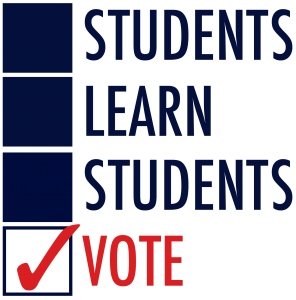Civic Engagement
Active civic participation is the bedrock of a functioning democracy. However, in the United States, engagement in civic life is low and does not reflect the diverse makeup of the country as a whole. This leads to distorted policies and weakened accountability structures, and therefore, a government that fails to equitably serve all the people it represents.
Multiple factors influence a person’s decision and/or ability to engage in civic life. These can range from laws that either make it easier or harder for people to vote, to human behavioral barriers stemming from how people perceive themselves, their community, and the options they have.
Our civic engagement team draws on our expertise in applied behavioral science to design and deploy innovations that encourage participation. For example, our team created VoterCast, which creates custom voter outreach materials for election officials, tailored to the specifications of their jurisdiction.
Our interventions with government, fellow nonprofit, and civic tech partners ultimately help to inspire popular engagement with government, ultimately bringing about a government that is accountable at every level to the true will of the people.
Learn more about our work with election officials, civic organizations, and voters to build a more vibrant U.S. democracy.
In The News
Selected Partnerships
View All





Contact Us
lia@ideas42.org


